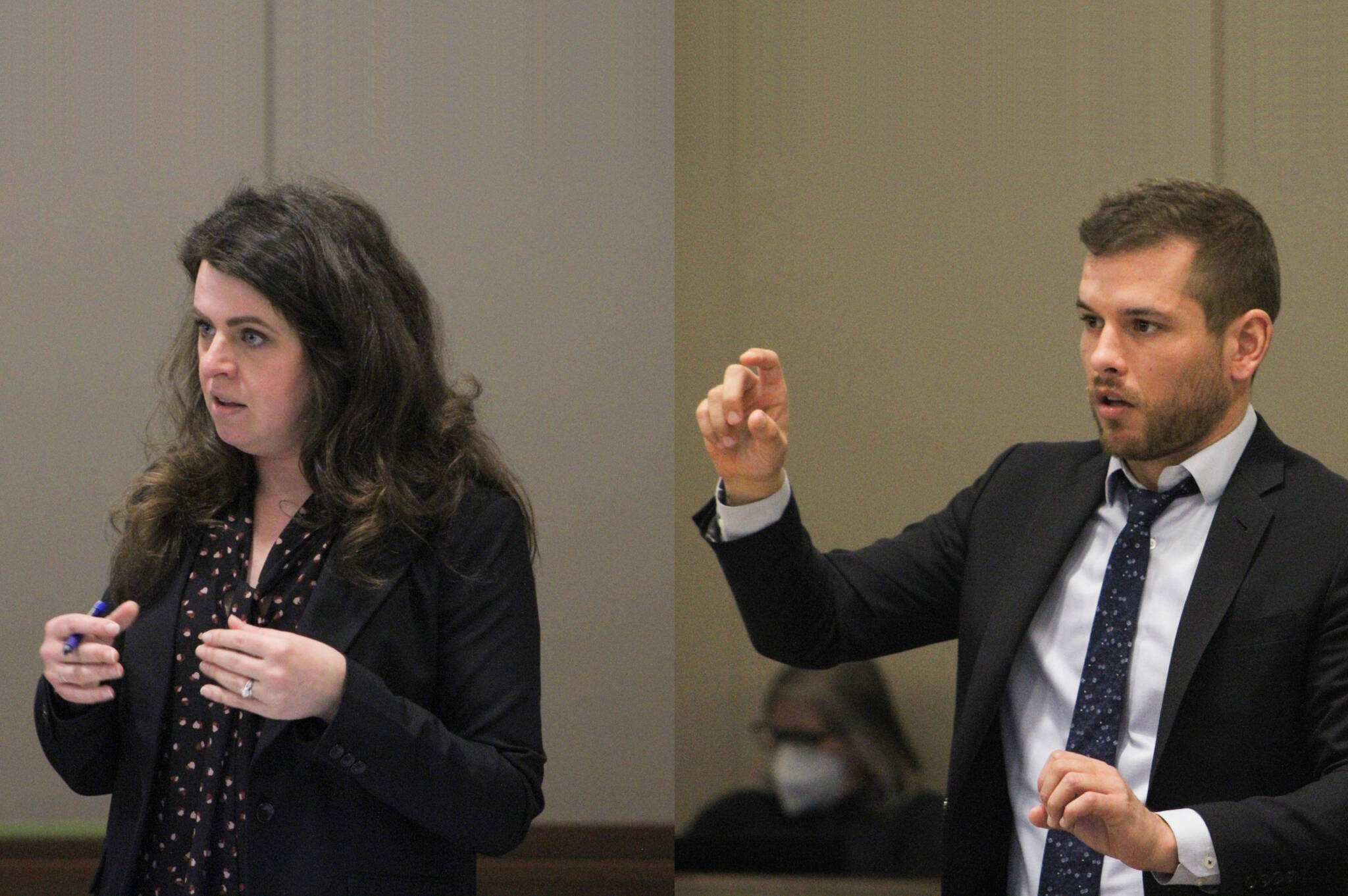More than three decades after the murder, the trial against the alleged killer of Federal Way High School student Sarah Yarborough is going to trial.
The first-degree murder case against Patrick Leon Nicholas was scheduled to start March 23 in King County Superior Court. The case will likely see a significant jury selection period, and the King County Prosecutor’s Office expects opening statements to be delivered in the case April 6 or April 17, according to spokesperson Casey McNerthney, as the court will be in recess for the week of April 10.
Nicholas was charged in October 2019, putting a possible name and face to the killing of a 16-year-old student that shocked and disturbed the Federal Way community. Attendees at a memorial that month honored and remembered Sarah Yarborough as a girl with a magnetic personality and a smile that lit up rooms.
Yarborough was a member of the high school’s drill team and had arrived early to school the morning of Dec. 14, 1991, to travel to an event.
Shortly after 9 a.m., two 12-year-old boys cutting through the campus saw a man walking out of the bushes at the school. The kids went into the bushes to explore and they discovered Yarborough’s body. The boys went home and told their parents, who called 911.
Investigators were also able to locate a jogger who passed by the area that morning and saw the suspect kneeling over the girl; he thought they were a couple, so he jogged on. The jogger provided a description of the suspect, and sketches were created from these witness accounts.
Investigators believe Nicholas had premeditated the rape and murder of Sarah before he found her, according to prosecutors.
Throughout the case, DNA evidence found at the scene was reevaluated several times due to the advancement of technology, said King County Sheriff’s Detective Kathleen Decker, head detective of the investigation. Despite that work, for nearly 30 years, Yarborough’s murder went unsolved.
Detectives reached out in 2011 to Dr. Colleen Fitzpatrick, of Identifiers International, for assistance in researching the genetic genealogy of the evidence. Fitzpatrick determined the general ancestry of the suspect, prompting a renewed request for public help in 2012.
More progress came in 2018, when detectives worked with Fitzpatrick again to use new DNA technology to narrow down the identity of the killer.
The evidence eventually led police to Nicholas. Officers, according to charging documents, began surveying Nicholas and covertly collected items he’d discarded to test for DNA evidence.
Eventually, they found a match. Nicholas, who was 27 at the time of the killing, was arrested Oct. 2, 2019, in Kent.
Nicholas faces charges of first-degree premeditated murder, a crime that carries a mandatory sentence of life imprisonment. Capital punishment was outlawed in Washington state in 2018, when the State Supreme Court ruled it was unconstitutional. Gov. Jay Inslee had already placed a moratorium on all capital punishment in 2014.
While attorneys have not yet given opening statements in the case, a trial brief submitted to the court by Nicholas’ attorneys indicates some legal arguments they may make.
His attorneys argue in that brief that police “turned to a hobbyist” (Dr. Fitzpatrick) to identify a suspect, and claim that Fitzpatrick hoped to apply for grants and prizes by finding a suspect for police in Yarborough’s murder.
The attorneys argue in that case that Fitzpatrick had identified numerous false leads before finally landing on Nicholas, using a genealogical process that has not been studied enough to be deemed reliable.
Talk to us
Please share your story tips by emailing editor@kentreporter.com.
To share your opinion for publication, submit a letter through our website https://www.kentreporter.com/submit-letter/. Include your name, address and daytime phone number. (We’ll only publish your name and hometown.) Please keep letters to 300 words or less.

